-
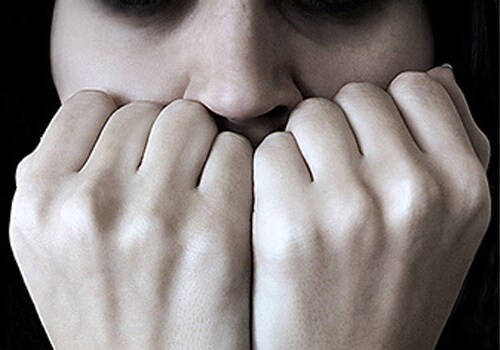
What is anxiety?
Anxiety is the feeling of uneasiness, fear and insecurity when in reality there is nothing to be afraid of. Fear normally disappears after the danger is gone, but anxiety persists without any apparent danger.
Fear, or mild anticipatory anxiety is normal emotion, leading to adaptive behaviour. But when the fear-provoking situation becomes long-standing, it causes harm to the body. Long lasting anxiety becomes stressful for the body, leading to medical problems when it is persistent and interferes with normal daily activities or harms physical health. -
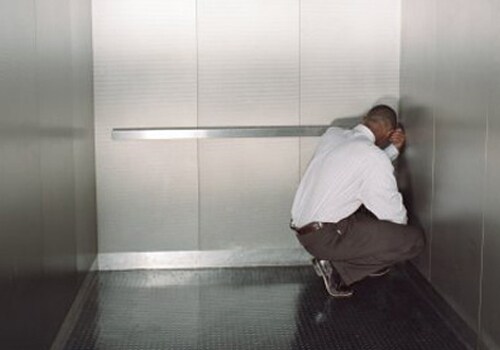
How does it occur?
Anxiety can vary from a mild, nagging feeling to extreme panic. It may start with a difficult or painful experience. Older people may have anxiety associated with loss of status after retirement, bereavement, ill health, or financial worries. It can also be brought on by the use of alcohol or drugs, too much coffee, or certain medicines. It could also be a symptom of depression or other mental illnesses.
-
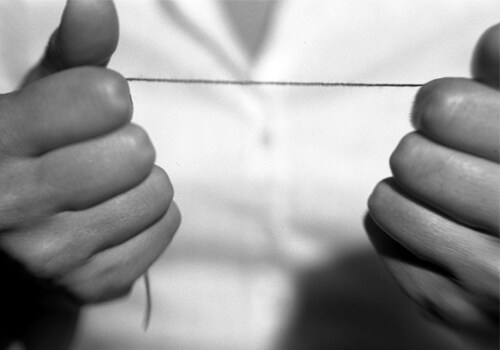
What are the symptoms?
The symptoms include flushing, sweating, shortness of breath, rapid breathing or a feeling of choking. There could be trembling, frequent urination, dry mouth, nausea, vomiting, diarrhoea or constipation. Tension, inability to relax, irritability, difficulty in concentrating, sleeplessness or sexual difficulties may also occur.
-

How is it diagnosed?
Mild cases of anxiety could be discovered during a medical check- up or while investigating other medical problems. Severe anxiety-panic attacks generally cause people to seek medical help, as the symptoms are similar to those of a heart attack. The doctor will discuss the problems and circumstances that act as a trigger for the anxiety attack.
-
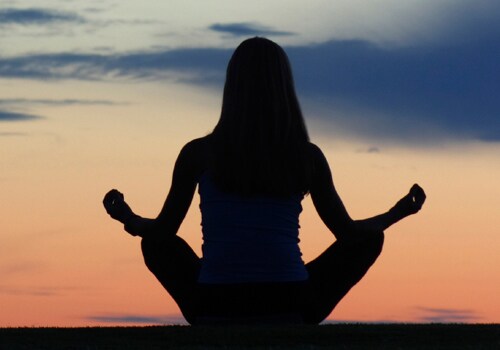
What is the treatment?
The doctor will treat any underlying disease. Alcohol, coffee and cola drinks should be avoided. The doctor may prescribe medicines to reduce anxiety. Psychotherapy may help to cope with the situation. Relaxation techniques, meditation and yoga help to reduce the anxiety. Getting enough rest during the day, as well as a good night’s sleep can help.
-
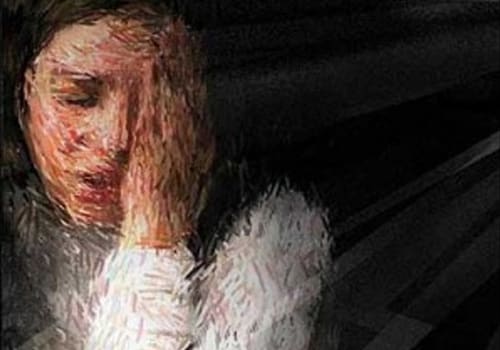
What is a panic attack?
Sometimes anxiety is experienced as the sudden onset of intense fear, usually accompanied by physical symptoms, such as shortness of breath, palpitations, trembling, a fear of dying or going insane, or a sense of impending disaster. Such an attack may last for 10-15 minutes or longer, and often cause the person to seek medical help.

















